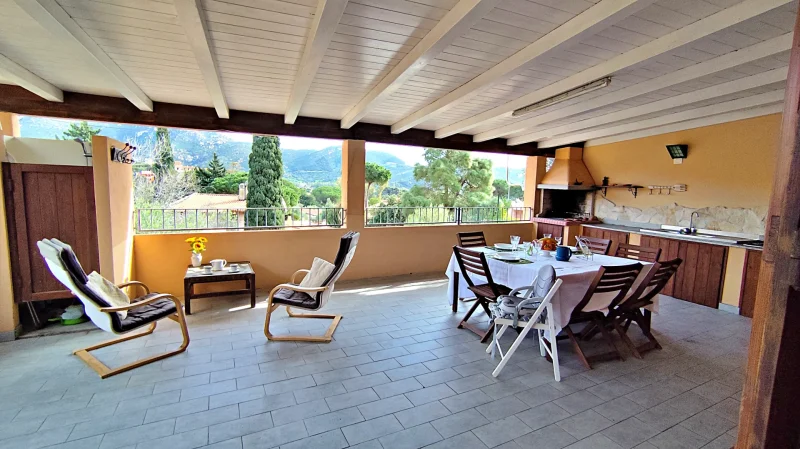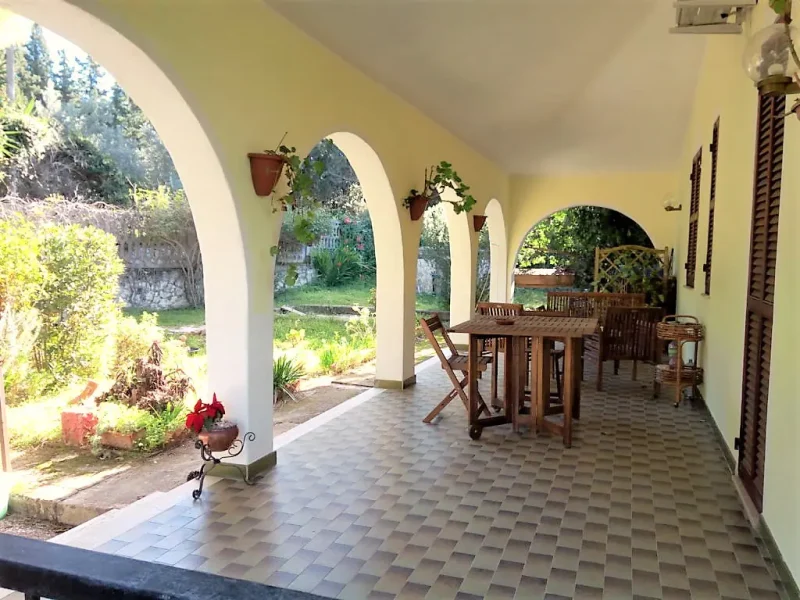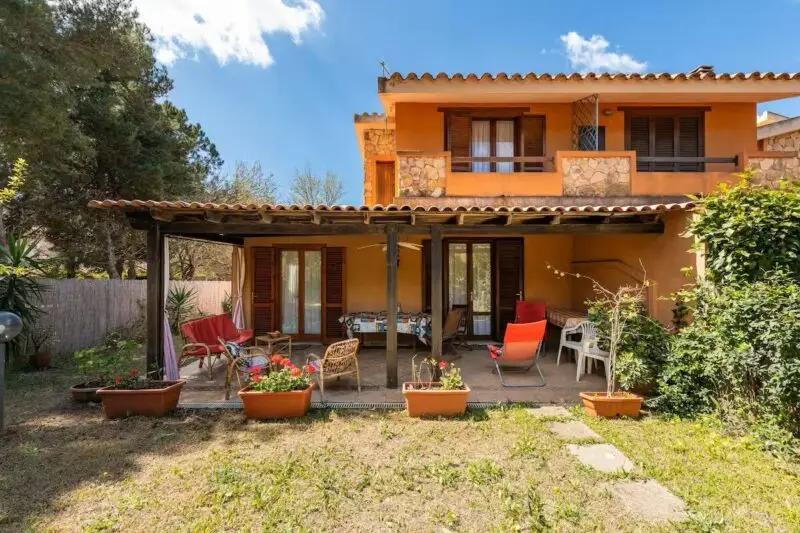Hey everyone! Have you ever wondered, “How much is this house really worth?” If so, you’re in the right place. Today, I’m breaking down how to properly assess a property’s value in a way that’s simple, clear, and free from boring jargon.
Whether you’re buying, selling, or just curious about real estate, grab a coffee, sit back, and let’s dive in!
1. What Determines a Property’s Value? It’s All About Internal and External Factors
A property’s value isn’t random—it’s based on a detailed analysis of two key aspects:
✅ Intrinsic characteristics (everything related to the property itself)
✅ Extrinsic characteristics (the location and surrounding environment)
These two elements combine to determine the market price. Let me give you an example:
- A centrally located apartment with a panoramic view and luxury finishes will be worth far more than an identical one in the suburbs facing a dull courtyard.
- Likewise, an apartment in a highly sought-after area might be more valuable than a much larger villa in a less desirable location.
Bottom line: Location matters as much as (if not more than) the property itself.
2. Intrinsic Characteristics: What Really Counts?
The internal features of a home can significantly impact its value. Here are the key ones:
🔹 Size and layout → Bigger isn’t always better! The way a home is laid out is just as important. A well-designed two-bedroom apartment can be worth more than a poorly planned three-bedroom one.
🔹 Floor level and view → A penthouse with a great view is worth more than a ground-floor unit with no balcony. Natural light and the surrounding scenery make a huge difference!
🔹 Finishes and condition → A newly renovated home with high-quality materials will have a much higher value than one with outdated features and old systems.
🔹 Energy efficiency → Homes with good energy ratings tend to be worth more because they save money in the long run (lower utility bills, better insulation). An A-rated home is far more valuable than a G-rated one.
🔹 Extras and amenities → Does the property have a garage, basement, terrace, or private garden? All of these add value.
🔹 Legal and urban planning compliance → This is often overlooked but hugely important! If a property has unapproved modifications or legal issues, its value can drop dramatically.
3. Extrinsic Characteristics: Location Sets the Price!
If you’ve ever noticed that two identical houses in different cities have wildly different prices, here’s why: Location is everything!
Here’s what impacts a home’s value externally:
Neighborhood and district → A downtown apartment will always be worth more than a similar one in an underdeveloped or poorly connected area.
Public transport and amenities → The closer you are to metro stations, bus stops, schools, hospitals, and supermarkets, the higher the property value.
Quality of life and safety → A clean, safe, and well-maintained neighborhood is far more attractive than one with crime or neglected infrastructure.
Market demand → If a neighborhood is in high demand, prices rise. If there’s little interest, values tend to drop.
4. How Do You Set the Right Price? Comparing Similar Properties
Now that we know what influences a home’s value, the next big question is: How do you calculate the right price?
🔹 Market analysis → Compare the property to similar ones (same area, size, and features) that have been sold recently. If a comparable property was sold for $300 per square foot, that’s a good reference point.
🔹 Adjusting for unique features → If the property has standout elements (a penthouse with a breathtaking view, a luxury renovation, a private garden), the price should be adjusted upward. If it has flaws (old wiring, structural issues), the value should be reduced accordingly.
🔹 Professional appraisal → A real estate agent or property surveyor can provide a precise valuation using up-to-date market data.
5. Common Mistakes to Avoid When Valuing a Property
🚫 Letting emotions affect the price → Just because you have great memories in your home doesn’t mean it’s worth more than market value!
🚫 Overpricing → Setting a price too high discourages buyers and prolongs the selling process.
🚫 Ignoring defects → If a property has legal, structural, or urban planning issues, the price must reflect those.
🚫 Relying too much on online listings → Asking prices online often don’t match actual selling prices. Always check real sales data!
Conclusion: Property Valuation Is an Art!
As we’ve seen, a home’s value isn’t just about square footage—it depends on many factors. A correct valuation requires looking at both the property’s features and the market conditions.
If you’re buying or selling, getting expert advice can make a huge difference. But now, at least, you know what truly impacts a home’s worth, so you won’t fall for unrealistic valuations!
If you found this guide useful, share it with anyone looking to buy or sell a home. And if you have questions, drop them in the comments!
#realestatevaluation #homepricing #propertyvalue








